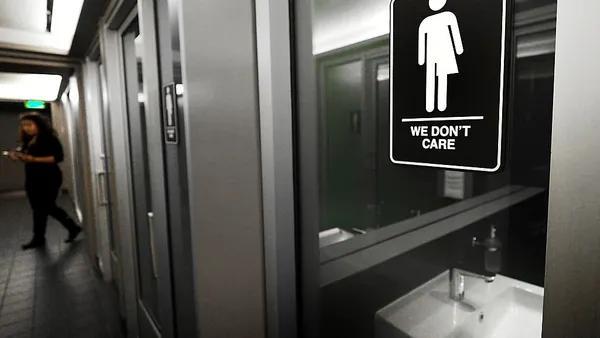Dive Brief:
- Washington state is considering a regulation that would make workers earning less than about $49,000 eligible for overtime pay at companies with more than 50 employees. For employers with 50 or fewer workers, the threshold would be about $35,000.
- The thresholds are calculated based on the state's minimum wage, Washington's Department of Labor & Industry said. Under the proposal, increases would occur incrementally beginning July 1, 2020, and ending Jan. 1, 2026.
- The proposal also updates the state's "duties test," combining its two current tests into one that more closely aligns with that used by the federal government. The department said the rulemaking process could take up to six months and that it expects to adopt the rule later this year. A public comment period for the rule opened June 5 and will close Sept. 6.
Dive Insight:
State officials said Washington's proposal could extend overtime eligibility to more than 250,000 workers in the state by 2026. Washington's current threshold — set at $13,000 per year — hasn't been updated in 43 years, a point officials used to argue in support of an increase.
"The current system is out of date. It's at risk of failing tens of thousands of workers by broadly defining what a white collar worker is, which allows businesses to pay salaries that may be even less than minimum wage," Joel Sacks, director of the state's Department of Labor & Industry, said in a statement. "We want to make sure that people who legitimately deserve overtime get paid for the extra hours they work."
Notably, both thresholds are higher than Fair Labor Standards Act's $23,660 current mark. What's more, the higher of Washington's two proposals would surpass the U.S. Department of Labor's recently proposed update, which would bump up the federal threshold to $35,308 per year.
For both proposals, employers will need to take similar precautions, like ensuring workers pass the respective duties tests and aren't misclassified as exempt from overtime. But neither proposal has been adopted at this time, and employers also will need to be aware of changes that could be made following input from the public.














